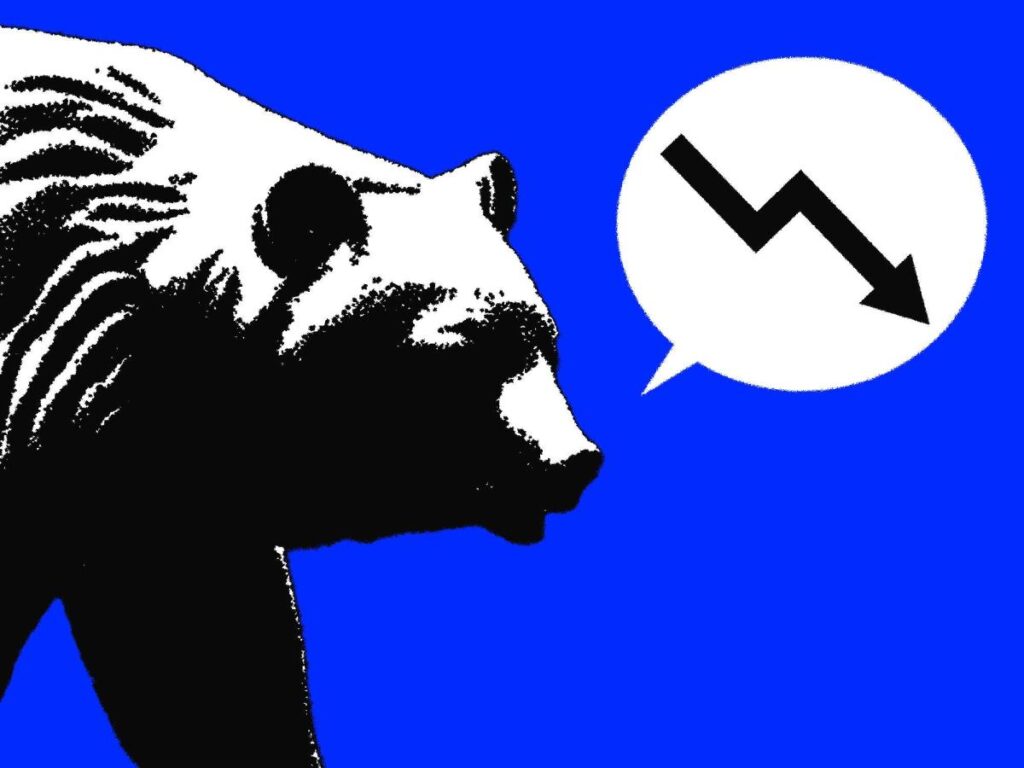-
Stocks could see a 10% drop by the end of the year, Stifel’s Barry Bannister says.
-
The bank’s stock-strategy chief pointed to the slowing job market and the potential for sticky inflation.
-
He added that interest rates likely aren’t dipping below 3% without an economic slowdown.
The stock market could be headed into an end-of-the-year correction, according to Stifel’s Barry Bannister.
The investment bank’s chief stock strategist said investors should take caution heading into the fourth quarter. That’s because the job market is slowing, and inflation could remain sticker than markets are expecting — two headwinds that could spark as much as a 10% decline in the S&P 500, he predicted in a recent interview with CNBC.
“When you add it all together, it’s a slowing economy, particularly on the jobs side — there are a lot of options out there, and the market’s expensive. So, we would certainly urge caution going into the late third and fourth quarter,” Bannister said.
The slowing job market has already caught the attention of investors, who are watching for signs of continued economic weakness. 18% of US consumers reported said jobs were hard to get in September, up from just 17% of consumers recorded the prior month, according to the Conference Board’s latest Consumer Confidence Survey.
US companies, meanwhile, announced more than 75,000 job cuts in August, a 193% increase from the prior month, according to a report from Challenger, Gray & Christmas.
Inflationary pressures could also linger around the economy, which could complicate the market’s vision for steep rate cuts, Bannister suggested. Investors are largely expecting interest rates to fall to 3% or lower by mid-next year, according to the CME FedWatch tool. But he says that’s unlikely to happen without the economy seeing a slowdown, which is also bearish for stocks.
“It’s very hard to justify getting below 3% without a slowdown,” Bannister said of interest rates. “If we don’t have a slowdown, if we continue to utilize these limited resources that we have, what you’d end up with is a no landing scenario, where rates and yields should not be dramatically lower.”
Investors also look a little too optimistic, given that stocks are hovering close to their all-time highs, Bannister said. Nearly half of all investors said they felt bullish on stocks for the next six months, according to the AAII’s latest Investor Sentiment Survey.
“I don’t have any problem with the views of the Fed being more dovish in 2024. It’s what people expect in 2025 that started to be priced in, and the 31% year-to-year gain in the S&P 500. Everything just feels very frothy,” he added.
Read the original article on Business Insider
Read the full article here

